The Monetary Policy Consultative Committee (MPCC) of the Central Bank of Sri Lanka has been reconstituted with effect from 5 October 2021. The reconstituted MPCC comprises 12 eminent personalities from the private sector and academia and is chaired by Mr. Sunil Lankathilake, Former Deputy Governor of the Central Bank of Sri Lanka and a Member of the Securities and Exchange Commission of Sri Lanka. The other members are Mrs. Dhamitha Cooke, Chief Financial Officer, Stassen Group of Companies; Mr. Niranjan Dissanayake, Chairman, Import Section of the Ceylon Chamber of Commerce; Mr. Christopher Joshua, Managing Director, Access Engineering PLC; Prof. Sunanda Madduma Bandara, Professor of Economics; Mr. Ashroff Omar, Chief Executive Officer, Brandix Lanka Limited; Mr. Ashok Pathirage, Chairman/ Managing Director, Softlogic Group; Mr. Dhammika Perera, Chairman, Vallibel One PLC and Co-Chairman, Hayleys PLC; Mr. Jeyam Perumal, Chairman, Mainettech Lanka (Pvt) Ltd; Dr. Kulatunga Rajapaksa, Emeritus Managing Director, DSI Samson Group; Mr. Rusiripala Tennekone, Retired Senior Banker; and Ms. Kasturi Chellaraja Wilson, Group Chief Executive Officer, Hemas Holdings PLC.







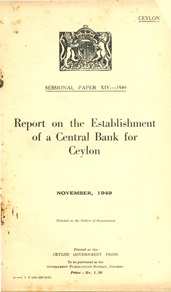
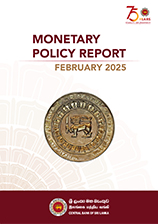
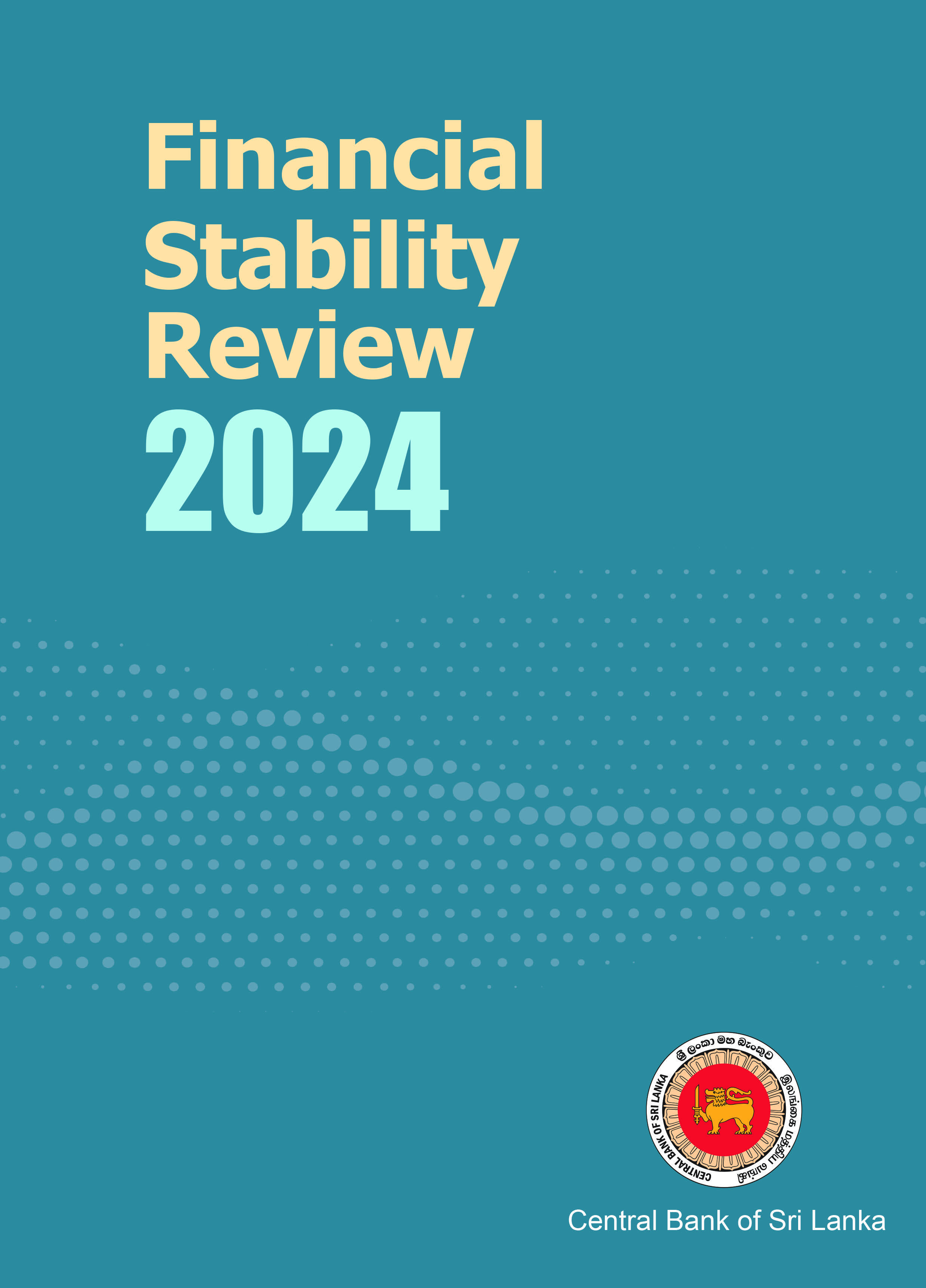

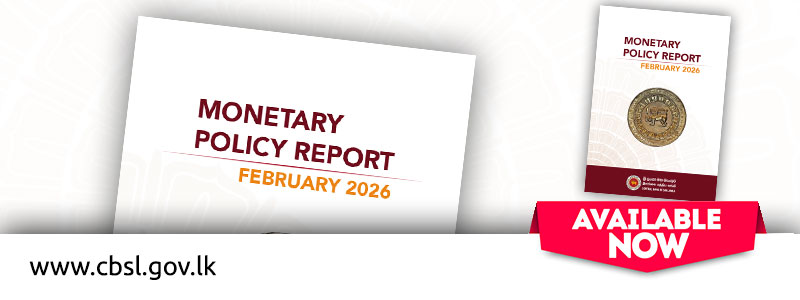
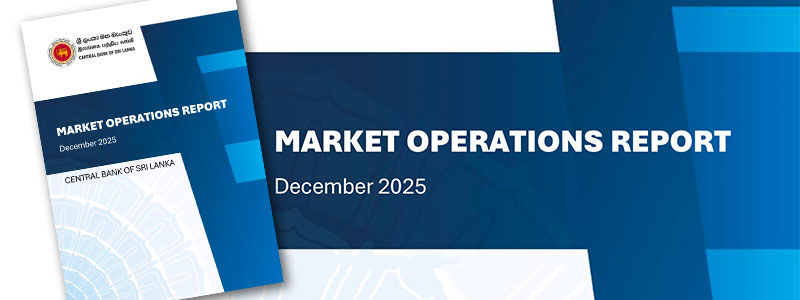




 The Governor of the CBSL, Mr. Ajith Nivard Cabraal had discussions with the Governor of QCB, His Excellency Sheikh Abdulla Bin Saoud Al-Thani, regarding CBSL and QCB collaboration to strengthen SL-Qatar economic ties and measures to mitigate the impact of COVID-19 pandemic on the economies.
The Governor of the CBSL, Mr. Ajith Nivard Cabraal had discussions with the Governor of QCB, His Excellency Sheikh Abdulla Bin Saoud Al-Thani, regarding CBSL and QCB collaboration to strengthen SL-Qatar economic ties and measures to mitigate the impact of COVID-19 pandemic on the economies.